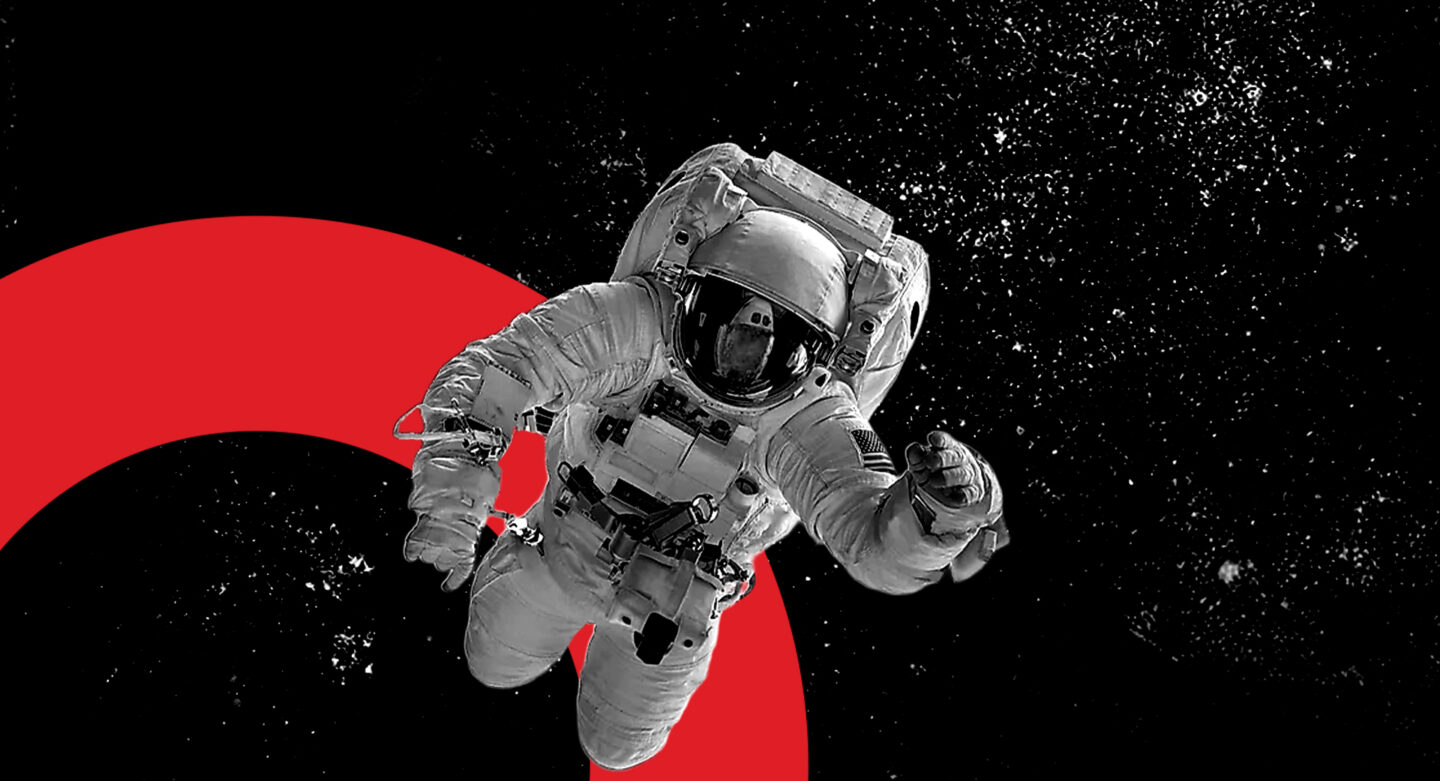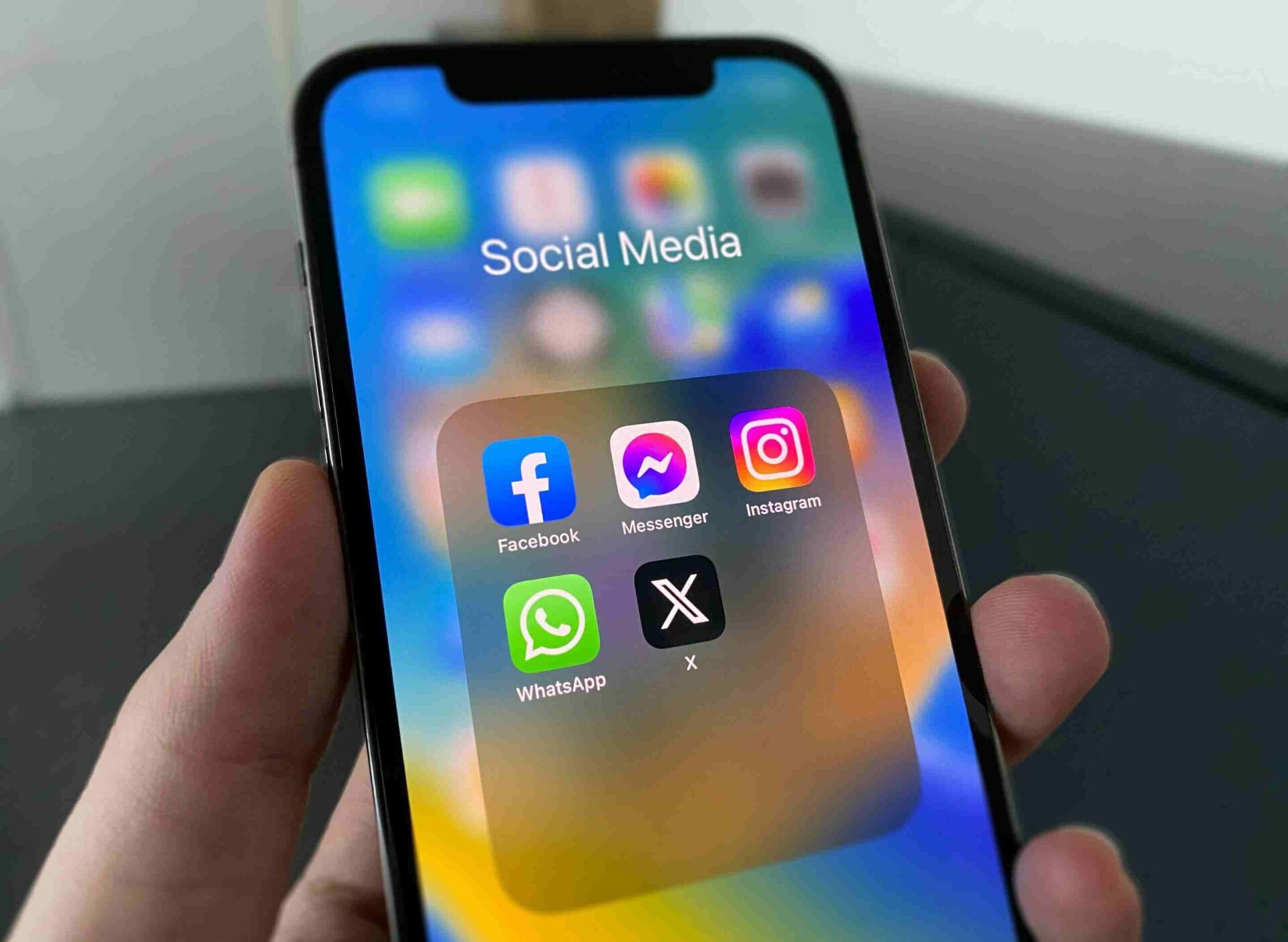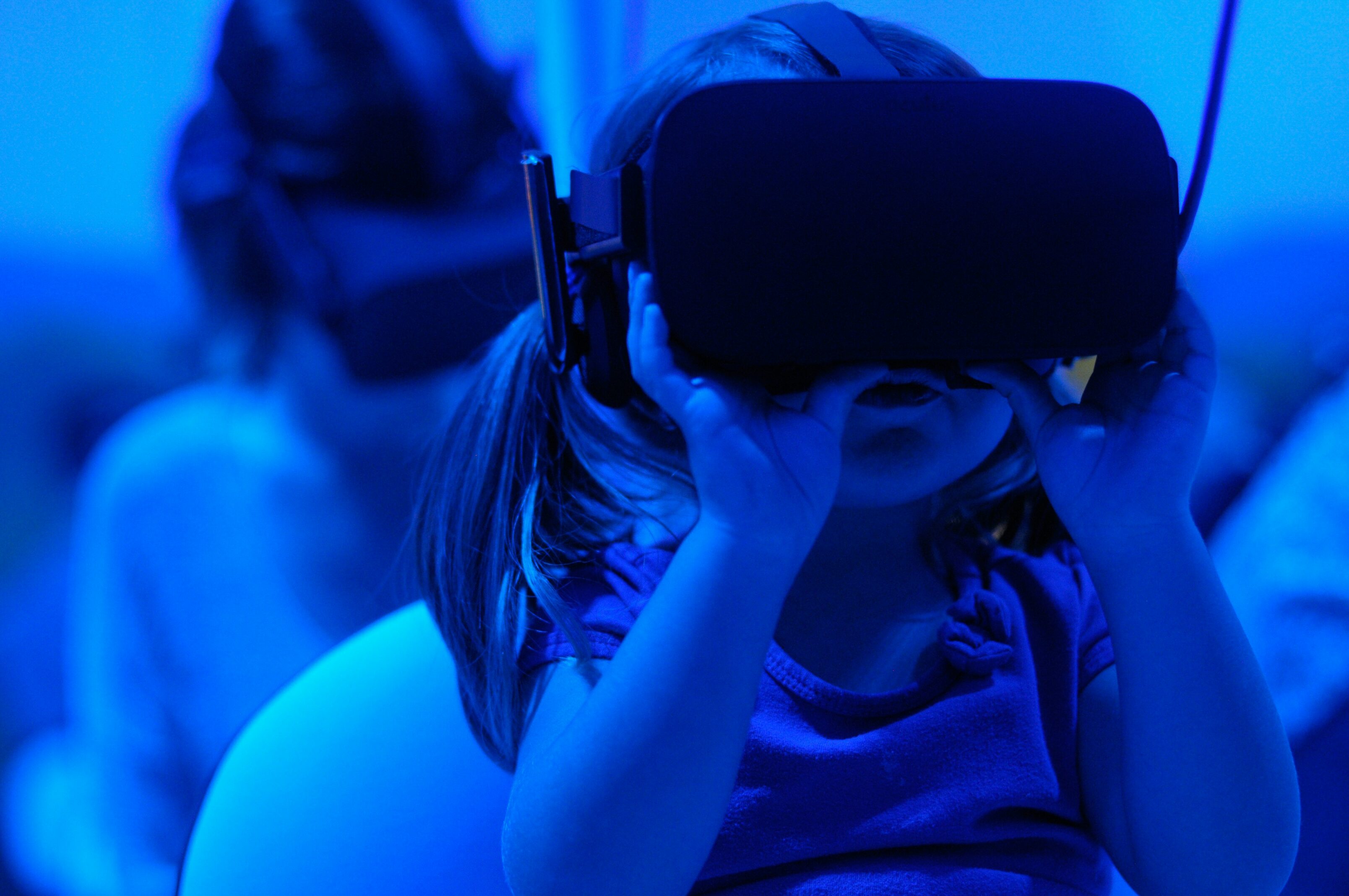Kitchen Table, Algorithm & No More Middleman
14.04.2025As AI becomes the new creative partner and in-house marketing teams level up with tech, where does that leave agencies? We explore the quiet power shift underway, and why the future of agencies lies not in production, but orchestration.


There’s something about a kitchen table at 7.43 am.
A CMO in Bondi crunches a protein bar, scrolling WhatsApp messages from her growth team while her kid argues with Alexa about Taylor Swift. A 17-slide report is waiting. Generated overnight. “Includes benchmarks, tone-tested copy, and launch timing recs”, it says. She glances at it. Half nods. Half shrugs. No agency in sight.
We used to be in the room. Now, the room is getting crowded, but we’re not always invited.
The Shift: From Outsourced Genius to Internal Intelligence
The role of the agency has long been built on scarcity: ideas, tools, talent, time. You hired us because you didn’t have all four. But what happens when the tools are widely available, the design support is accessible, and the in-house team is capable? The idea? That’s still the wildcard, but even that is being iterated in real time.
Look around. Heinz created ketchup visuals that tested more iconic than their legacy ads. Coca-Cola launched a design platform inviting fans to co-create brand content. Unilever has built internal creative studios that work like agile start-ups, producing tailored content across markets.
These aren’t isolated experiments. They’re blueprints for systems. Marketing teams are no longer just recipients of agency output. They’re engineers of their own branded machines. When copy, concepts, visuals and testing can all be generated before breakfast, the old back-and-forth feels clunky. Like mailing a letter in the age of DMs.
This isn’t tomorrow. It’s Tuesday.
What This Means: Agencies as Architects, Not Artisans
So what’s left for agencies? Not the captions. Not the pitch decks. Not the fourth round of feedback.
What’s left is strategy, systems, and soul.
We set the compass, build the mechanism, and calibrate the inputs. Agencies shift from being production arms to creative ecosystems. Less about outputs. More about orchestration.
Imagine helping a client build a custom knowledge hub. Or training their internal model to reflect their founder’s voice. The value is no longer in doing the work, but in designing the machine that produces it with accuracy and feeling.
At REBORN, we’re prototyping this now. Language tools that understand nuance. Content systems that evolve with campaign needs. Audits that identify opportunity at scale. It’s not automation for its own sake. It’s storytelling, structured for speed and resonance.
And this is just the beginning. We’re supporting teams to define their tech stacks. Guiding workshops on creative frameworks and adaptive planning. Helping them build models that not only deliver, but understand. Less content mill. More concept engine.
The Emotional Undercurrent: Control, Confidence, Culture
This shift isn’t driven by cost or speed alone. It’s rooted in control. In the desire for continuity. In decision-making that feels intuitive, not outsourced.
Agencies thrive when they recognize this undercurrent. It’s not about replacing what we do. It’s about evolving how we do it.
Clients aren’t just chasing efficiency. They’re searching for cohesion. For a system that reflects their thinking before they say it. If that system can live inside their tools, respond in real time, and get smarter with every use? That’s the new standard.
The agencies that see this clearly won’t resist. They’ll reframe. And rebuild.
So, What Now?
We lean into it. Build new models. Shape new behaviors. Design systems that preserve brand integrity while accelerating creative flow. And we stand beside our clients at the table, not as vendors, but as partners.
Because when everything can be generated, the difference is in the guidance. The judgement. The taste. The questions you know to ask before the brief lands.
The roles are shifting. The toolkit is expanding. But the need for clarity, imagination, and discernment? That remains distinctly human. And it’s where we’ll always belong.









